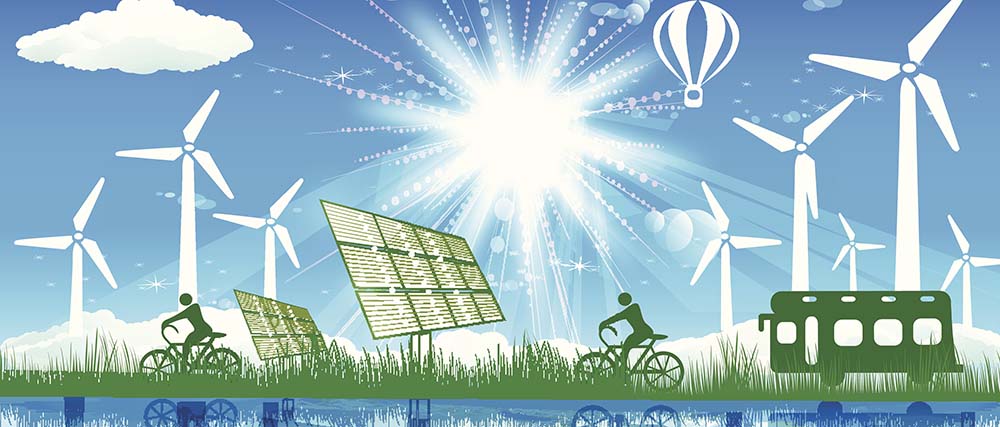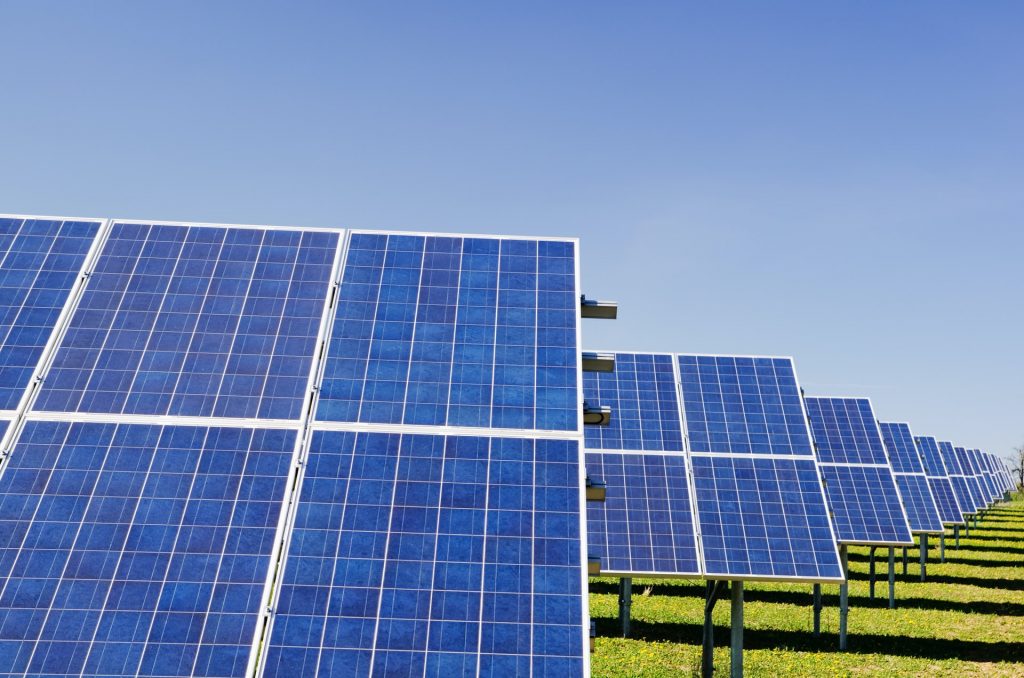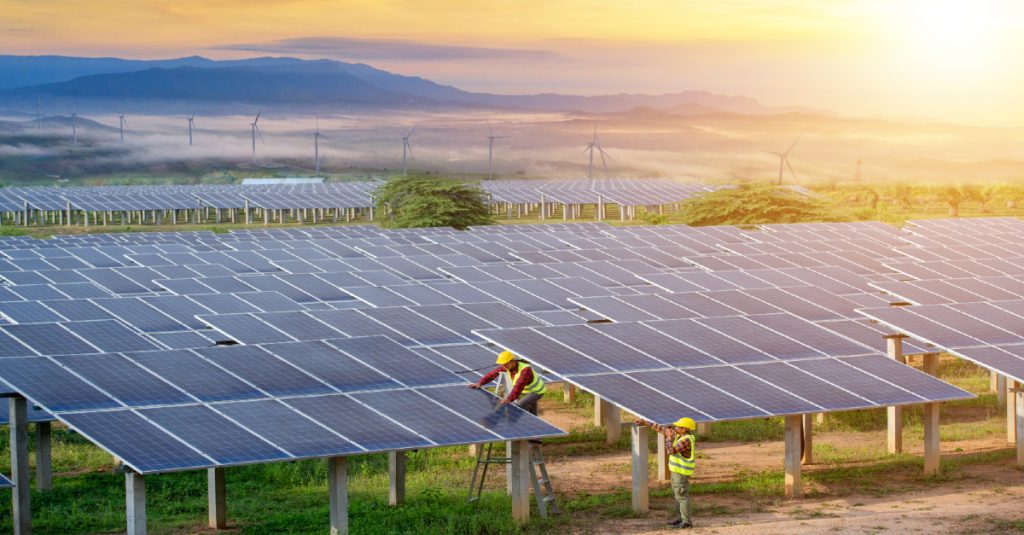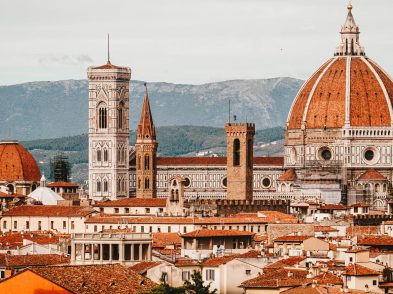The theme of energy transition, already central since the initial drafting of the PNRR (National Plan for Recovery and Resilience), has acquired even greater importance in the context of the current price increases in energy and uncertainties regarding the supply of gas from Russia.
One of the initiatives created by the government to face the situation is the “Agricultural-Solar Park” measure being implemented by the PNRR, Mission 2, Component 1, Investment 2.2, to which a financial package of 1.5 billion euro has been attributed as an endowment from the PNRR.
On March 25, the minister for agricultural, food and forestry policies, Stefano Patuanelli, signed a decree that lays out the operating modes for the supportive measure. The objective of the intervention is to enhance the production of renewable energy by supporting the installation of photo-voltaic systems for businesses in the agricultural, zoo-technical and agro-industrial sectors.
Here we present the essential features of the decree, noting that all the details, including the means and startup and closing dates for the presentation of requests and the documentation to be included, will be specified in the call for applications, which will be published in the coming months once the European Commission has authorized the aid scheme specific to this investment.

What’s financed
1. Principal and obligatory intervention: acquisition and installation of photovoltaic panels on the roofs of buildings, with potential peak of no less than 6 kWp (kilowatt peak) and no more than 500 kWp.
For primary production farms, photovoltaic installations are admissible for financing only if the objective is to meet the energy needs of the business and their productive capacity does not exceed the farm’s annual average energy consumption, including that of the family. The sale of electrical energy is allowed for the network only if the annual self-consumption limit is respected.
2. Optional re-qualification interventions aimed at improving the energy efficiency of the buildings:
- Removal and disposal of asbestos or eternit from roofs;
- Thermal insulation of roofs connected to production needs;
- Construction of an aeration system and replacement of the roof (air chamber), connected to production needs.
Beneficiaries

Professional Agricultural Entrepreneurs (IAP), Direct Growers (CD) enrolled in agricultural insurance, Agro-industrial Businesses.
Those who are exonerated from VAT accounting are excluded (that is, those having an annual turnover of less than 7,000 euro).
Admissible expenses
The maximum admissible expense for a single project is 750,000 euro, with a maximum limit of 1,000,000 euro for a single beneficiary.
Expected maximums:
- up to a maximum limit of 1,500 euro/Kwp for the installation of photovoltaic panels, also taking into consideration the overall dimensions of the system to be built and relative economies of scale, and up to a further 1,000 euro/Kwh where storage systems are also installed. In any case, the overall contribution paid for storage systems cannot exceed 50,000 euro.
- Where electric recharging posts are installed for sustainable mobility and agricultural machinery, an expense up to a maximum admissible limit can be recognized, in addition to the maximums indicated above, of 1,000 euro per Kw, according to the amounts that will be specified on the application form.
- The expenses for the removal and disposal of asbestos, where present, carrying out or improving the thermal and roof insulation, and/or creating a ventilation system connected to the substitution of the roof (air chamber) include as interventions: demolition and rebuilding of the covers and furnishing and installation materials needed to carry out these interventions, up to a maximum admissible limit of 700 euro per Kwp.

Incentives
The measure calls for supplying a non-repayable grant equal to:
- 50% in southern Italian regions (Molise, Campania, Puglia, Basilicata, Calabria, Sicily and Sardinia)
- 40% in other regions of Italy
The rates of assistance indicated here can be increased by 20 percentage points for:
- Young farmers or those farmers who established themselves in the five years preceding the date of request for assistance;
- Collective investments, such as storage plants used by a group of farmers or conditioning systems for agricultural products to be sold
- Investments in areas subject to natural constraints or other specific constraints under the terms of article 32 of the EU regulation n. 1305/2013.
Besides these, a further increase of 20% is allowed in favor of small businesses, 10% for medium-sized businesses, and 15% for investments made in disadvantaged areas.
What we can do for you
Our studio offers all the necessary assistance in order to request the financing made available by the Ministry of Agricultural Policy. The assistance regards both the phase of filling out the request and reporting the admissible expenses preparatory to the disbursement of the final financing.
Furthermore, thanks to a partnership with Sol Lucet Trading srl, ESCo (Energy Service Company), headquartered in Lucca but operating throughout Italy, we can offer a “turnkey package”, including a quotation for implementing the photovoltaic system.







